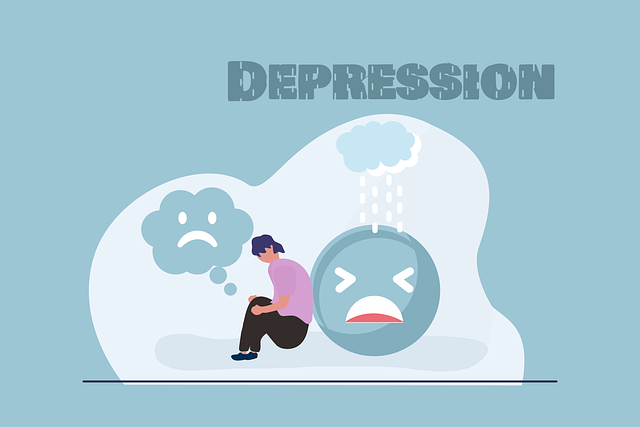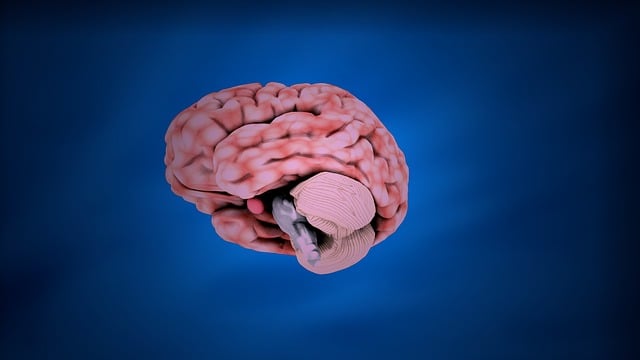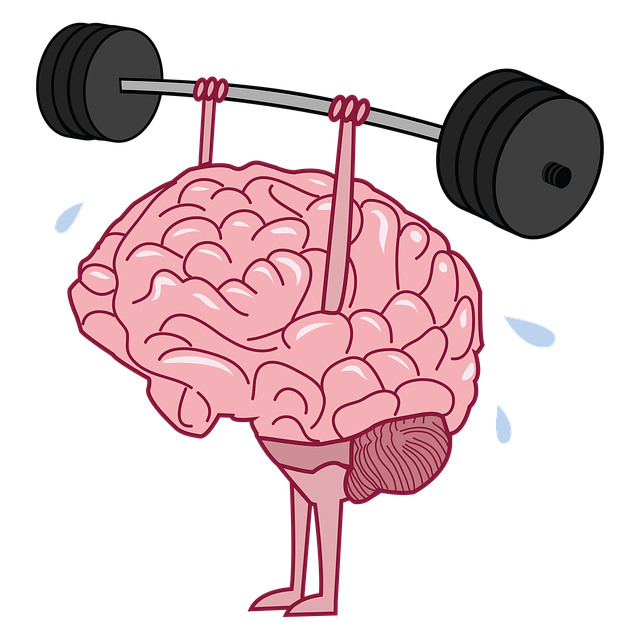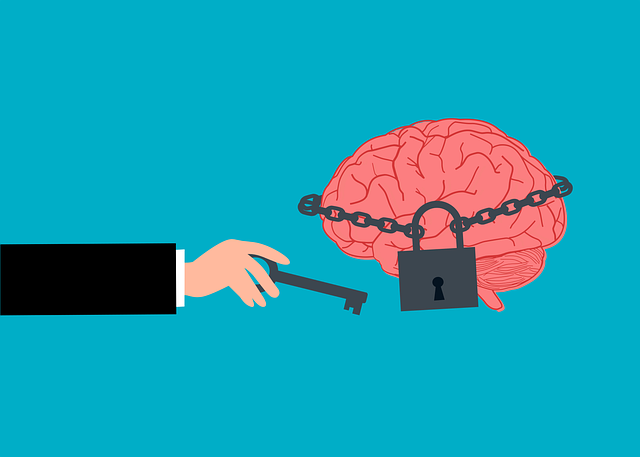Wheat Ridge Anxiety Therapy groups provide a supportive environment for individuals with shared mental health experiences through skilled facilitators who prioritize safety, trust, and respect for diversity. Facilitators employ techniques like mindfulness meditation, cultural competency training, active listening, and community-building activities to enhance emotional regulation, challenge negative thoughts, and foster peer support. Effective communication strategies ensure every member feels heard, encouraging open discussions that promote understanding and inclusive coping strategies. By creating safe spaces through risk assessment, mindfulness exercises, and cognitive-behavioral approaches, facilitators help participants manage anxiety, build connections, and navigate their mental health journeys with reduced stigma and increased awareness.
Mental wellness group facilitation is a powerful tool for fostering community and supporting individuals navigating challenges. This article explores effective techniques for those who lead or aspire to lead such groups, focusing on creating safe spaces in Wheat Ridge anxiety therapy settings. We’ll delve into the role of facilitators as guides and supporters, communication strategies to enhance group dynamics, managing shared anxiety, and promoting active participation to ensure every voice is heard.
- Understanding Mental Wellness Groups: Creating a Safe Space
- Role of a Facilitator: Guiding and Supporting the Group
- Effective Communication Strategies for Group Dynamics
- Techniques to Manage Anxiety and Stress in Group Settings
- Promoting Engagement and Accountability: Encouraging Active Participation
Understanding Mental Wellness Groups: Creating a Safe Space

Mental wellness groups provide a unique and supportive environment where individuals with shared experiences can come together to navigate their journeys. Facilitating such groups requires creating a safe space, fostering an atmosphere of trust and understanding. This involves establishing clear boundaries, ensuring confidentiality, and encouraging active participation while respecting individual differences.
In the context of Wheat Ridge Anxiety Therapy, for instance, incorporating mindfulness meditation techniques into group sessions can significantly enhance this sense of safety. By teaching members to focus on the present moment, these practices help manage anxiety and promote emotional regulation. Moreover, leveraging mind over matter principles encourages participants to challenge negative thoughts and build resilience. Healthcare provider cultural competency training is also integral, ensuring facilitators can address diverse perspectives and create an inclusive environment that caters to all group members’ unique needs.
Role of a Facilitator: Guiding and Supporting the Group

In facilitating mental wellness groups, such as those offering Wheat Ridge Anxiety Therapy or strategies for depression prevention, the role of a facilitator is pivotal. They act as guides and supportive figures who ensure every member feels heard and valued within the group dynamic. A skilled facilitator encourages open communication among peers, fostering an environment where participants can share their experiences, challenges, and coping mechanisms without judgment. This not only enhances social connections but also empowers individuals to learn from one another, thereby promoting personal growth and healing.
Effective facilitators employ various communication strategies tailored to the group’s needs. They may use techniques like active listening, reflective summarizing, or even playful interactions to keep the conversations engaging. Moreover, they facilitate a sense of community by incorporating activities that strengthen bonds and encourage collective problem-solving. Ultimately, these practices contribute to a supportive network where members feel empowered to navigate their mental health journeys with renewed hope and practical tools gained through the Community Outreach Program Implementation.
Effective Communication Strategies for Group Dynamics

Effective communication is a cornerstone when facilitating mental wellness groups, especially in Wheat Ridge Anxiety Therapy settings. Group dynamics require facilitators to employ strategies that foster open and honest discussions while ensuring every member feels heard and respected. Active listening, where the facilitator pays close attention to each individual’s perspective, helps create a safe space for sharing experiences and emotions. This technique encourages participants to express themselves openly, fostering a sense of community and understanding among peers.
Additionally, cultural sensitivity in mental healthcare practice plays a vital role in group facilitation. Recognizing and respecting diverse backgrounds, beliefs, and experiences is essential. Facilitators should be adept at navigating sensitive topics while promoting inclusive discussions. By incorporating cultural considerations, the group can explore shared challenges and develop coping strategies that resonate with everyone, ultimately enhancing anxiety relief for all members, including those dealing with burnout prevention.
Techniques to Manage Anxiety and Stress in Group Settings

In group settings, managing anxiety and stress is a delicate yet vital aspect of Wheat Ridge Anxiety Therapy. Facilitators play a crucial role in creating a safe and supportive environment where individuals can openly discuss their feelings. Techniques such as mindfulness exercises, guided meditations, and cognitive-behavioral strategies are effective tools to help members calm their minds and reduce anxiety symptoms during group interactions. These practices encourage participants to stay present, focus on their breath, and challenge negative thought patterns, fostering a sense of relaxation and emotional well-being.
Additionally, cultural competency training for healthcare providers can enhance these techniques. Understanding diverse backgrounds and incorporating culturally sensitive approaches ensures that every member feels heard and respected. Risk assessment is another essential component; facilitators must be adept at recognizing and managing potential conflicts or high-risk situations, utilizing conflict resolution techniques to maintain a harmonious group dynamic. By combining these strategies, mental health professionals can create an inclusive space where individuals can not only manage their anxiety but also build supportive connections with peers.
Promoting Engagement and Accountability: Encouraging Active Participation

Promoting engagement and accountability is a cornerstone of effective group facilitation, especially in mental wellness settings like Wheat Ridge Anxiety Therapy. Encouraging active participation fosters a supportive environment where members feel safe to share their experiences, insights, and concerns openly. Techniques such as round-robin discussions, where each participant takes turns sharing, ensure everyone has a voice. This not only enhances interaction but also helps build camaraderie and trust among group members.
In addition to structured activities, facilitators can employ strategies like setting clear expectations and goals for each session, promoting self-reflection through journaling prompts, and holding individuals accountable for their commitments. Such practices contribute to the overall Mental Health Awareness, support Depression Prevention efforts, and play a vital role in reducing the stigma associated with mental illness (Mental Illness Stigma Reduction Efforts). By actively involving group members, facilitators create an inclusive atmosphere that enhances the therapeutic experience.
Mental wellness group facilitation is a powerful tool for fostering community and supporting individuals navigating challenges. By implementing techniques discussed, such as creating safe spaces, effective communication, and promoting engagement, facilitators can enhance group dynamics. These strategies, including managing anxiety and stress, are essential in creating an inclusive environment where members feel supported. Adopting these practices can significantly impact the success of mental wellness groups, ultimately benefiting participants’ well-being, much like Wheat Ridge Anxiety Therapy aims to do.














